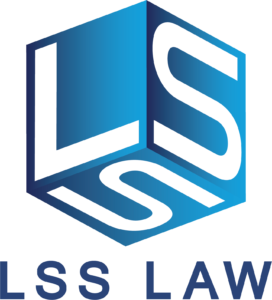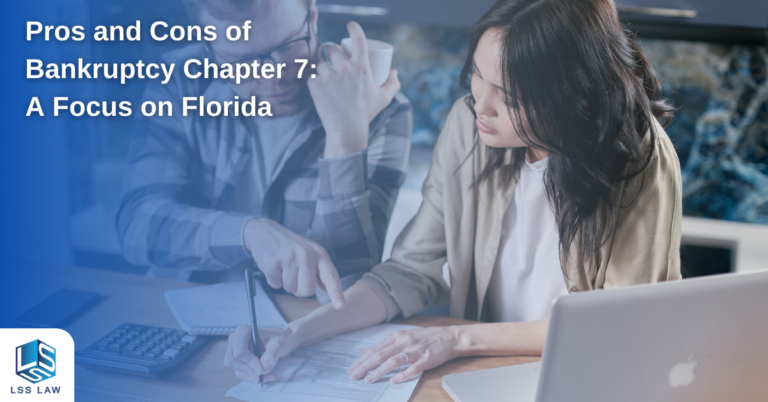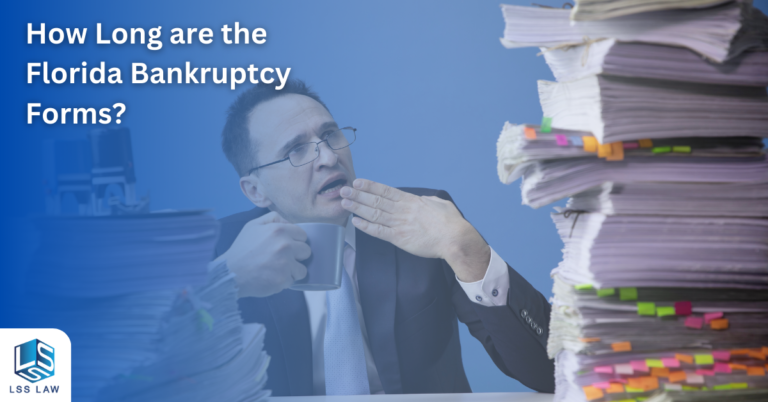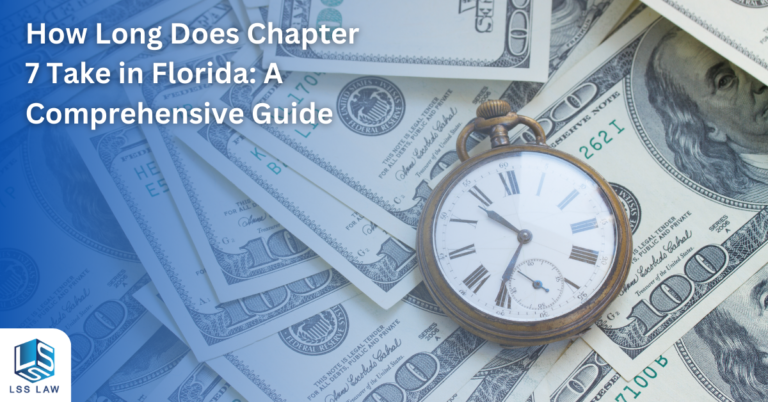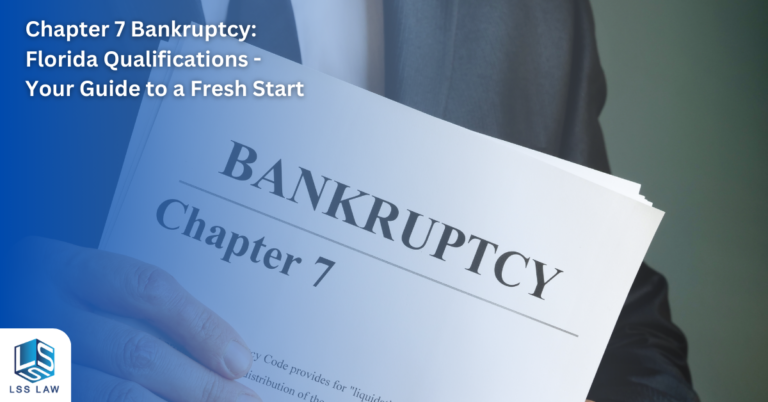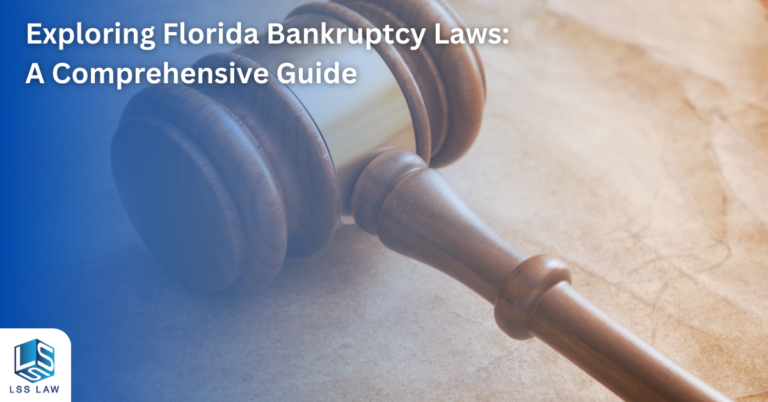When facing financial difficulties, many individuals and businesses consider filing for bankruptcy as a way to regain control over their financial situation. One of the most common types of bankruptcy filed in Florida is Chapter 7. In this article, we will discuss the pros and cons of bankruptcy Chapter 7 for both individuals and businesses in Florida. We will also briefly touch upon the pros and cons of bankruptcy Chapter 13, another common type of bankruptcy filing.
Chapter 7 Bankruptcy Explained
Chapter 7 bankruptcy, also called liquidation bankruptcy, allows individuals and businesses to discharge eligible debts like credit card bills and medical expenses. Non-exempt assets are sold by a bankruptcy trustee to pay creditors. While Chapter 7 bankruptcy provides immediate debt relief, it does impact your credit score for years. Understanding the bankruptcy code and weighing the pros and cons of Chapter 7 with an attorney is key.
What is Chapter 7 Bankruptcy in Florida?
Chapter 7 bankruptcy completely discharges eligible debt like credit cards, medical bills, and personal loans through liquidation of non-exempt assets by the bankruptcy court. To file Chapter 7 bankruptcy in Florida, you’ll complete a petition and forms detailing income, assets, debts, and creditors. The court appoints a trustee to oversee the case and ensure debt collectors follow rules. While Chapter 7 bankruptcy immediately halts collections, it remains on your credit report for a decade. Consult a bankruptcy attorney to ensure it’s the best option.
What is Chapter 7 Bankruptcy for Individuals?

Pros: Chapter 7 Individual
1. Discharge of Unsecured Debts: One of the primary benefits of filing Chapter 7 bankruptcy is the discharge of most unsecured debts, such as credit card debt, medical bills, and personal loans. This can provide significant relief for those struggling with overwhelming debt.
2. Quick Process: The Chapter 7 bankruptcy process is relatively quick, typically taking between four to six months to complete. This allows individuals to move forward with their lives and begin rebuilding their credit sooner.
3. No Repayment Plan: Unlike Chapter 13 bankruptcy, there is no repayment plan required in a Chapter 7 bankruptcy. This means that individuals do not need to worry about making payments to their creditors over an extended period.
4. Protection from Creditors: Once the bankruptcy is filed, an automatic stay is put in place, which prevents creditors from taking aggressive collection action, such as wage garnishments or repossessions.
Cons: Chapter 7 Individual
1. Loss of Property: In a Chapter 7 bankruptcy, non-exempt assets may be liquidated to repay creditors. This might include the loss of property, such as a home or vehicle, depending on the individual’s specific situation and Florida’s bankruptcy exemptions.
2. Credit Report Impact: A Chapter 7 bankruptcy will remain on an individual’s credit report for ten years, which can make it more difficult to obtain credit in the future.
3. Ineligibility for Certain Debts: Some debts, such as student loan debt, child support, and certain tax debts, are not dischargeable in a Chapter 7 bankruptcy.
What is Chapter 7 Bankruptcy for Businesses?
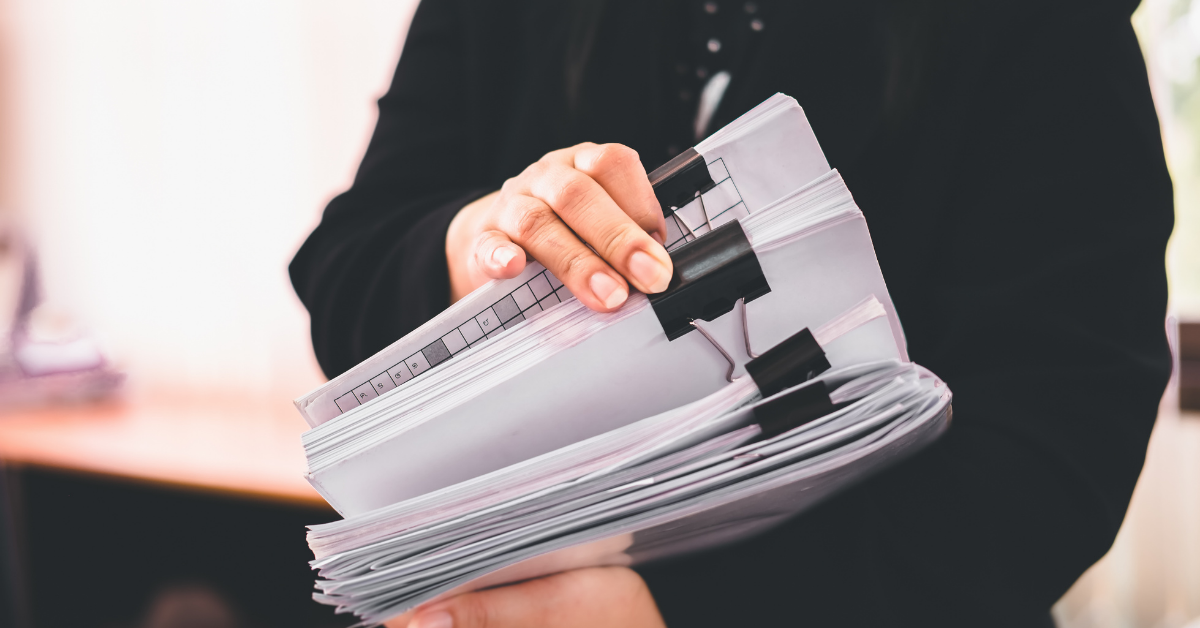
Pros: Chapter 7 Business
1. Fresh Start: Filing Chapter 7 bankruptcy allows a business to liquidate its assets and discharge most of its debts, providing a fresh start for the business owner to either start a new business or move on to other ventures.
2. Protection from Creditors: Similar to individual bankruptcy, an automatic stay is put in place once the bankruptcy is filed, protecting the business from aggressive collection actions by creditors.
Cons: Chapter 7 Business
1. Closure of Business: In most cases, filing Chapter 7 bankruptcy results in the closure of the business, as its assets are liquidated to repay creditors.
2. Personal Liability: Depending on the type of business and the specific circumstances, the business owner may still be personally liable for certain debts, such as personally guaranteed loans or tax debts.
Comparison to Chapter 13 Bankruptcy
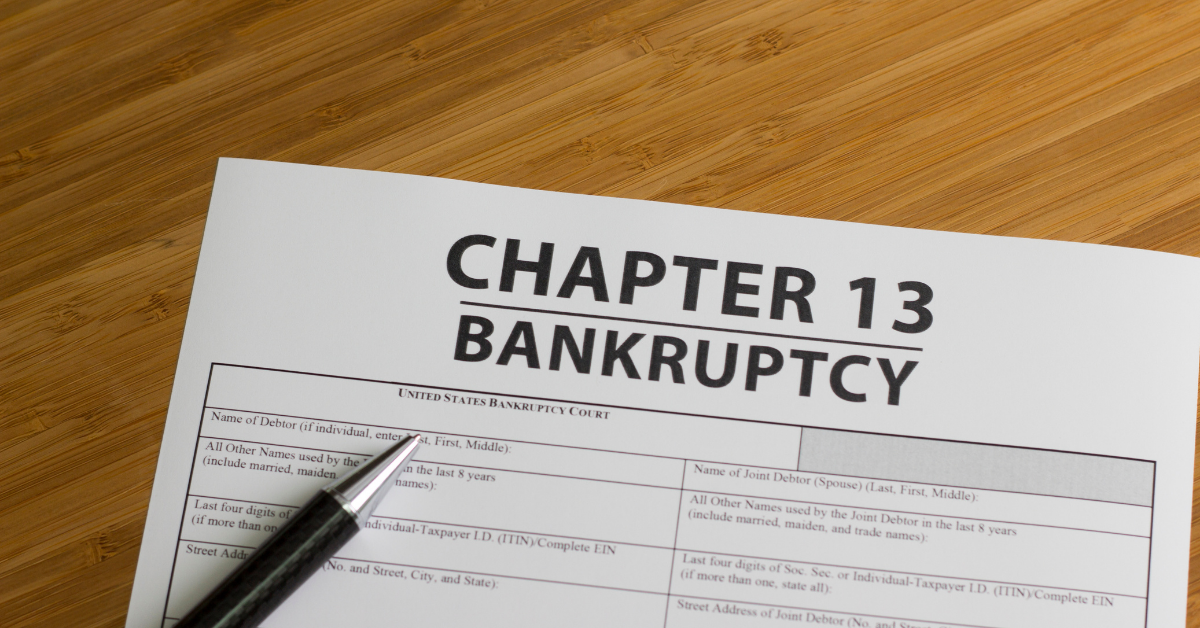
While this article focuses on the pros and cons of a Chapter 7 bankruptcy, we need to briefly mention Chapter 13 bankruptcy as an alternative option for those who may not qualify for Chapter 7 or wish to retain their property.
Chapter 13 bankruptcy involves a repayment plan where the debtor makes payments to their creditors over a period of three to five years. Below are the key differences between Chapter 7 and Chapter 13 bankruptcy.
- Chapter 13 bankruptcy allows individuals to keep their property, including their home and car, as long as they continue making payments under the repayment plan.
- Chapter 13 bankruptcy may be a better option for those with a regular income, as it requires the debtor to make monthly payments to their creditors.
- A Chapter 13 bankruptcy can remain on an individual’s credit report for seven years, compared to the possibility of ten years for Chapter 7.
- In a Chapter 13 bankruptcy, a bankruptcy trustee is appointed to oversee the repayment plan and distribute payments to creditors, ensuring a fair and organized process.
- To qualify for Chapter 13 bankruptcy, individuals must pass a means test, which evaluates their income and expenses to determine if they have the financial ability to repay their debts through a repayment plan.
- While federal student loans are generally not dischargeable in either Chapter 7 or Chapter 13 bankruptcy, Chapter 13 may provide a more manageable repayment plan that can help borrowers stay current on their student loan payments.
- Individuals filing for Chapter 13 bankruptcy are required to receive credit counseling from an approved agency, which can provide valuable financial education and guidance throughout the bankruptcy process.
Is Chapter 7 Bankruptcy Bad?

Many people wonder if filing Chapter 7 bankruptcy is a bad decision. The truth is, filing for bankruptcy can be a responsible and necessary step for individuals or businesses facing insurmountable debt.
While it does have some negative consequences, such as the impact on one’s credit report and potential loss of property, it also provides significant benefits and relief for those struggling with financial obligations. Let’s explore why filing Chapter 7 bankruptcy can be a positive and responsible choice.
1. Taking Control of Your Financial Situation
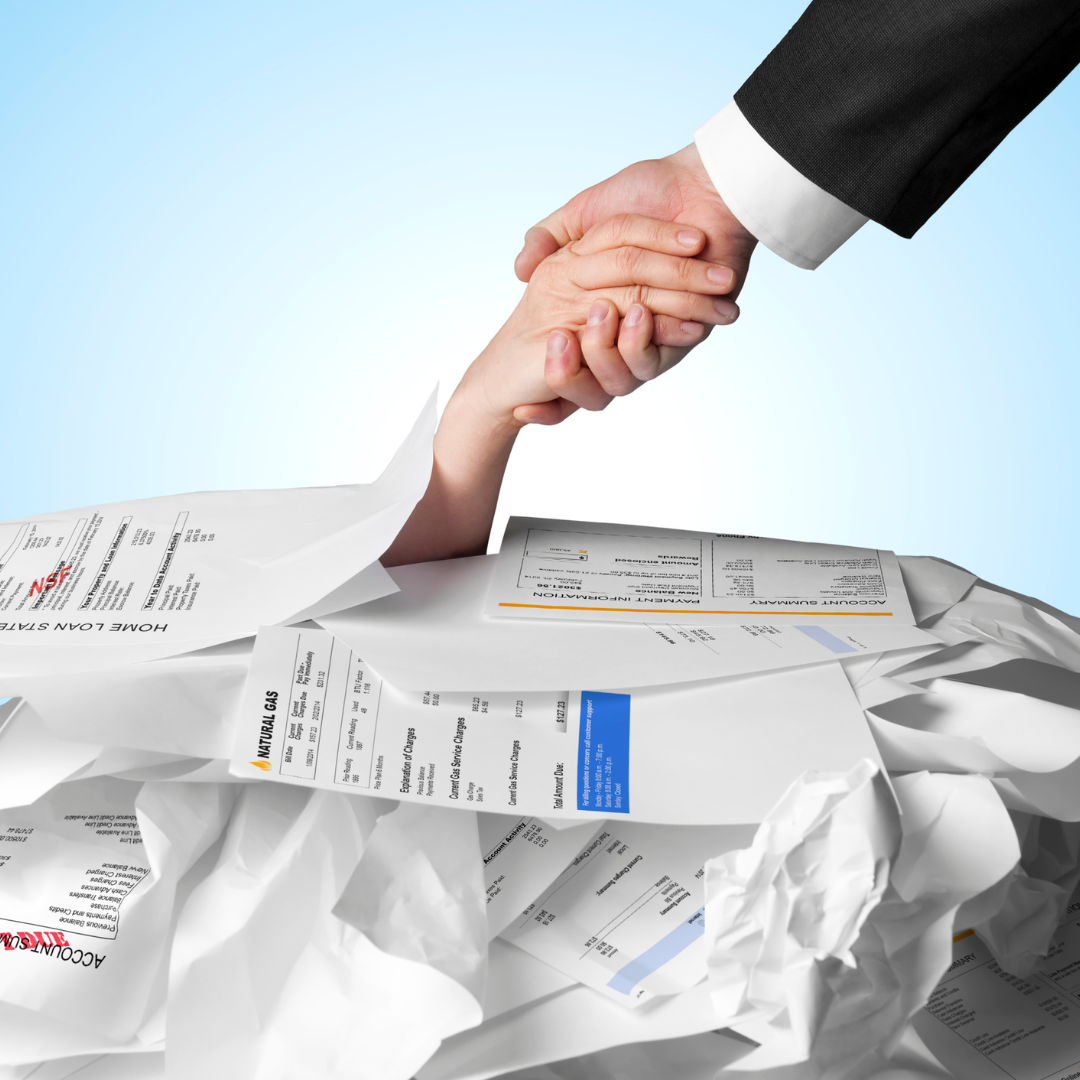
Filing for Chapter 7 bankruptcy allows individuals and businesses to take control of their financial situation and address their debts head-on. This proactive approach demonstrates a commitment to resolving financial issues and moving forward responsibly.
2. Protection from Aggressive Collection Actions

Dealing with aggressive collection actions from creditors can be incredibly stressful and negatively impact one’s mental health and well-being. By filing for Chapter 7 bankruptcy, an automatic stay is put in place, protecting the debtor from wage garnishments, repossessions, and other aggressive collection actions.
This protection allows individuals and businesses to focus on their financial recovery without the constant threat of creditor harassment.
3. Opportunity for a Fresh Start

Chapter 7 bankruptcy provides individuals and businesses with a fresh start by eliminating most of their debts. For individuals, this can mean the chance to rebuild their credit and work towards a more stable financial future.
For businesses, it can provide the opportunity to close down a struggling venture and move on to new projects without the burden of debt hanging over them.
4. Alternative to Struggling with Unmanageable Debt

For some people, the alternative to filing bankruptcy is to continue struggling with unmanageable debt, missed debt payments, and the potential for legal action from creditors. In these situations, filing for Chapter 7 bankruptcy can be a responsible and proactive choice to address financial troubles and work towards a more stable future.
5. Seeking Professional Guidance

Filing for Chapter 7 bankruptcy should not be taken lightly, and it is essential to consult with an experienced bankruptcy attorney to determine if it is the best solution for your specific situation. By seeking professional guidance, you can ensure that you are making an informed and responsible decision and you will be given the necessary support and expertise to navigate the complex bankruptcy process and protect your best interests.
In reality, while filing for Chapter 7 bankruptcy does have some negative consequences, it can also be a responsible and necessary step for those facing overwhelming debt.
By taking control of their financial situation, seeking protection from aggressive collection actions, and embracing the opportunity for a fresh start, individuals and businesses can move forward – positively and responsibly.
Take Control of Your Financial Future with LSS Law
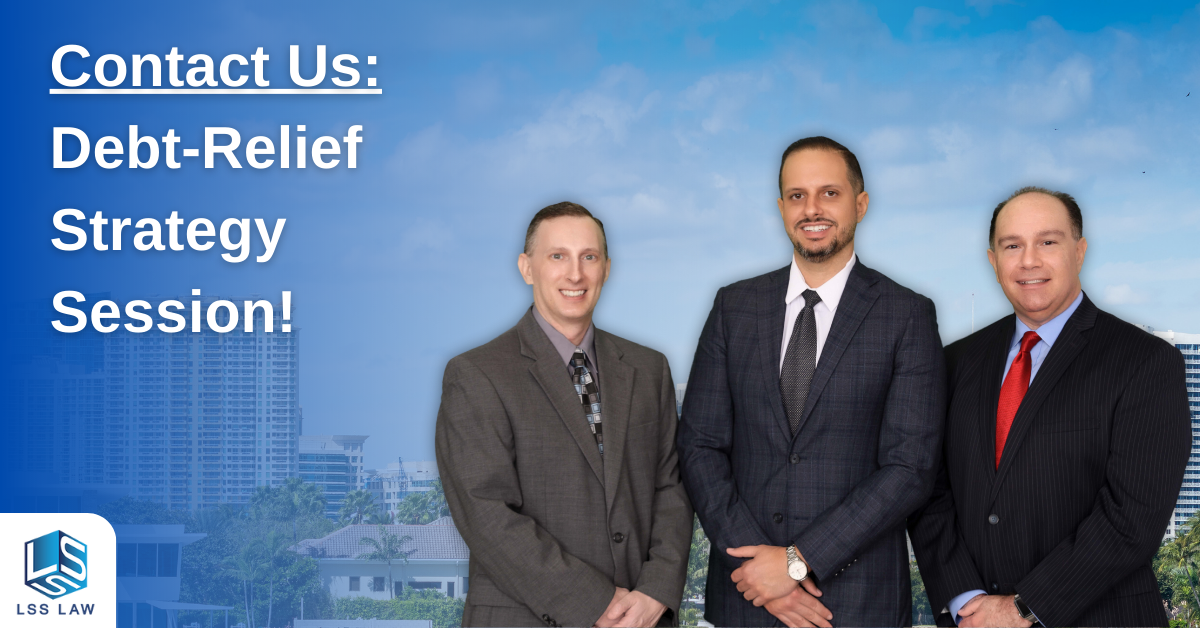
Ready to explore your bankruptcy options and determine if Chapter 7 is the right choice for you? Schedule a no-cost Strategy Session with LSS Law today by filling out the form or calling us at 954-466-0541. LSS Law’s attorneys are experts in bankruptcy for South Florida. Meet with an experienced bankruptcy lawyer from LSS Law to help you navigate the bankruptcy process and provide the guidance you need to make the best decision for your financial future.
Download Our Free Report

Gain valuable insight into the world of debt relief by downloading our free report, “Get Out of Debt! Secrets Your Creditors Don’t Want You to Know!” To access your free copy, simply bring your cursor to the top right of your page and it will appear. Simply fill out the form, and you’ll receive instant access to this essential resource. Don’t let your creditors keep you in the dark – empower yourself with the knowledge you need to take control of your financial situation today.
Frequently Asked Questions About Chapter 7 in Florida
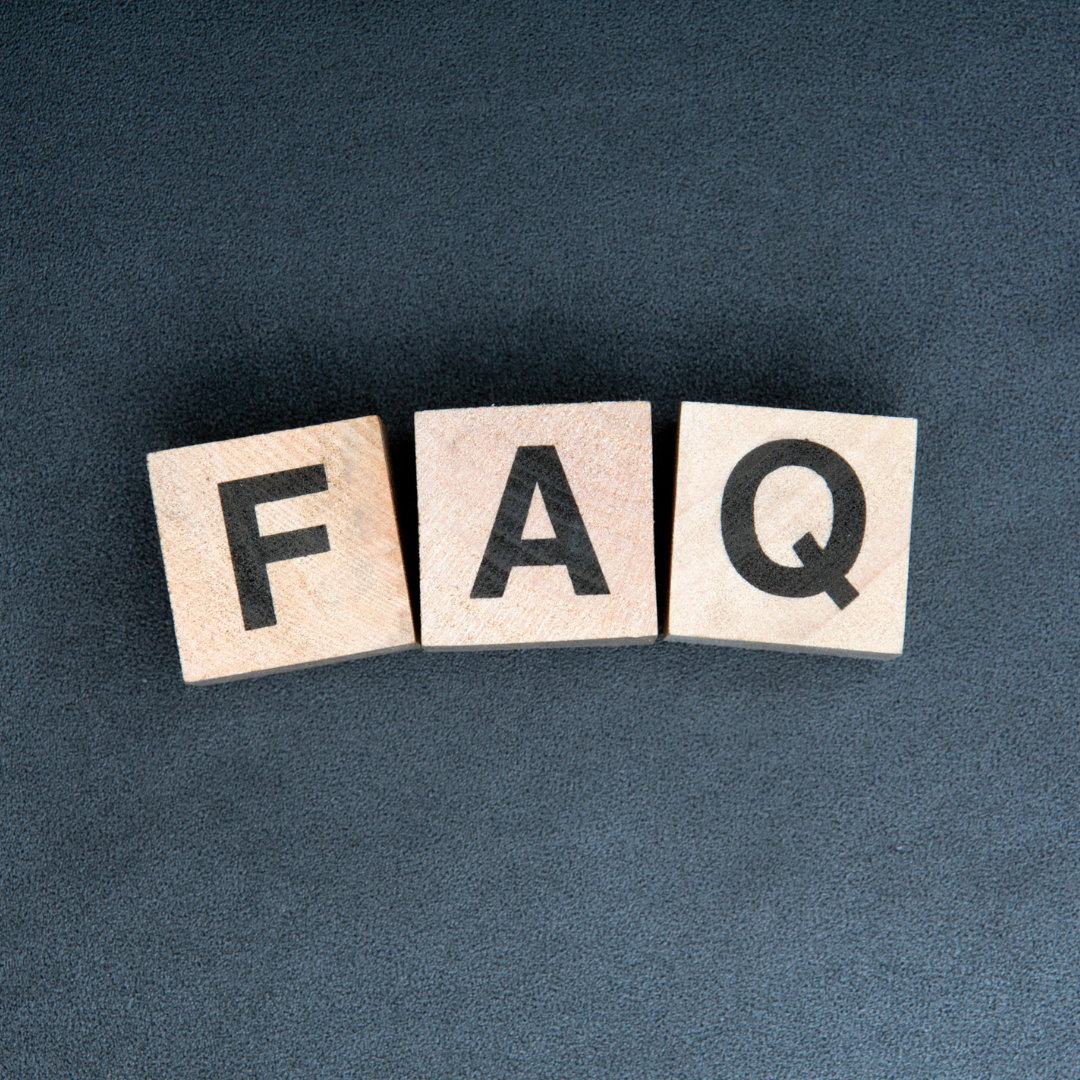
As you consider filing for Chapter 7 bankruptcy, you may have some questions about the potential downsides, its impact on your life, and the advantages it offers. We’ve compiled a list of frequently asked questions to help address these concerns and provide you with the information you need to make an informed decision.
What is the downside of Chapter 7?
The main downsides of filing Chapter 7 bankruptcy are potentially losing non-exempt assets and a 10-year mark on your credit report. However, rebuilding credit and addressing debts head-on can lead to future stability. Also, obtaining new credit is easier than you think.
How does Chapter 7 affect your life?
Filing Chapter 7 bankruptcy provides immediate relief from overwhelming debt and collection harassment. Long-term, you’ll need to rebuild credit and re-establish financial stability. View it as a fresh start opportunity.
What is the major advantage of Chapter 7 bankruptcy?
The primary benefit is discharging unsecured debts like credit cards, medical bills, and personal loans, granting immediate relief to focus on financial recovery. The relatively quick 4-6 month process allows moving forward sooner.
What can you lose in Chapter 7?
You may have to liquidate non-exempt assets like home equity, a valuable vehicle, or personal property to repay creditors. However, most people who file bankruptcy lose nothing at all. Consult an experienced bankruptcy attorney on exemptions and protecting assets.
What debts can be discharged in a Chapter 7 bankruptcy?
Not all debts can be eliminated by Chapter 7. Most unsecured debts can be eliminated but some like student loans, child support, alimony, and certain taxes cannot. An attorney can advise if your disposable income and expenses qualify you for discharge. Chapter 7 suitability depends on specific circumstances.
What are the pros and cons of Chapter 7 bankruptcy?
The pros of filing Chapter 7 bankruptcy include eliminating most unsecured debts like credit cards and medical bills, halting collection efforts through the automatic stay, and getting a fresh start in months. Cons are potential loss of non-exempt assets and a 10-year credit report impact.
How to file bankruptcy Chapter 7 in Florida by yourself?
You can file Chapter 7 bankruptcy in Florida yourself by completing all required forms and paperwork, but it involves meticulous details. We advise hiring an experienced bankruptcy attorney to ensure you get the full bankruptcy protection and debt relief you need.
Do you have to have a bankruptcy attorney to file chapter 7 in Florida?
You don’t legally need an attorney to file Chapter 7 bankruptcy in Florida yourself, but the complex process and eligibility requirements make having expert guidance essential. An attorney helps ensure your rights are protected.
How long does it take to file a Chapter 7 bankruptcy in Florida?
The Chapter 7 bankruptcy process typically takes 4-6 months from start to finish. The exact timeline depends on your specific assets, debts, and creditors. An attorney can provide a more accurate estimate for your situation.
What are the requirements for Chapter 7 bankruptcy in Florida?
To file Chapter 7 bankruptcy in Florida you must live in the state or have property there. You must pass the means test proving your income is under debt thresholds. Assets and creditors impact the 90 day timeline. Meeting with a bankruptcy lawyer is recommended.
How long does a Chapter 7 bankruptcy stay on your credit report in Florida?
Chapter 7 bankruptcy can stay on your credit report for up to 10 years in Florida since it involves liquidating assets. But this decade of damaged credit can be minimized through careful credit rebuilding under the guidance of an attorney.
What is the income limit for Chapter 7 bankruptcy in Florida?
If your projected disposable income for 5 years is $7,025 to $11,725, you’ll pass the means test for Chapter 7 bankruptcy eligibility in Florida. Your disposable income must be under 25% of outstanding unsecured debts.
